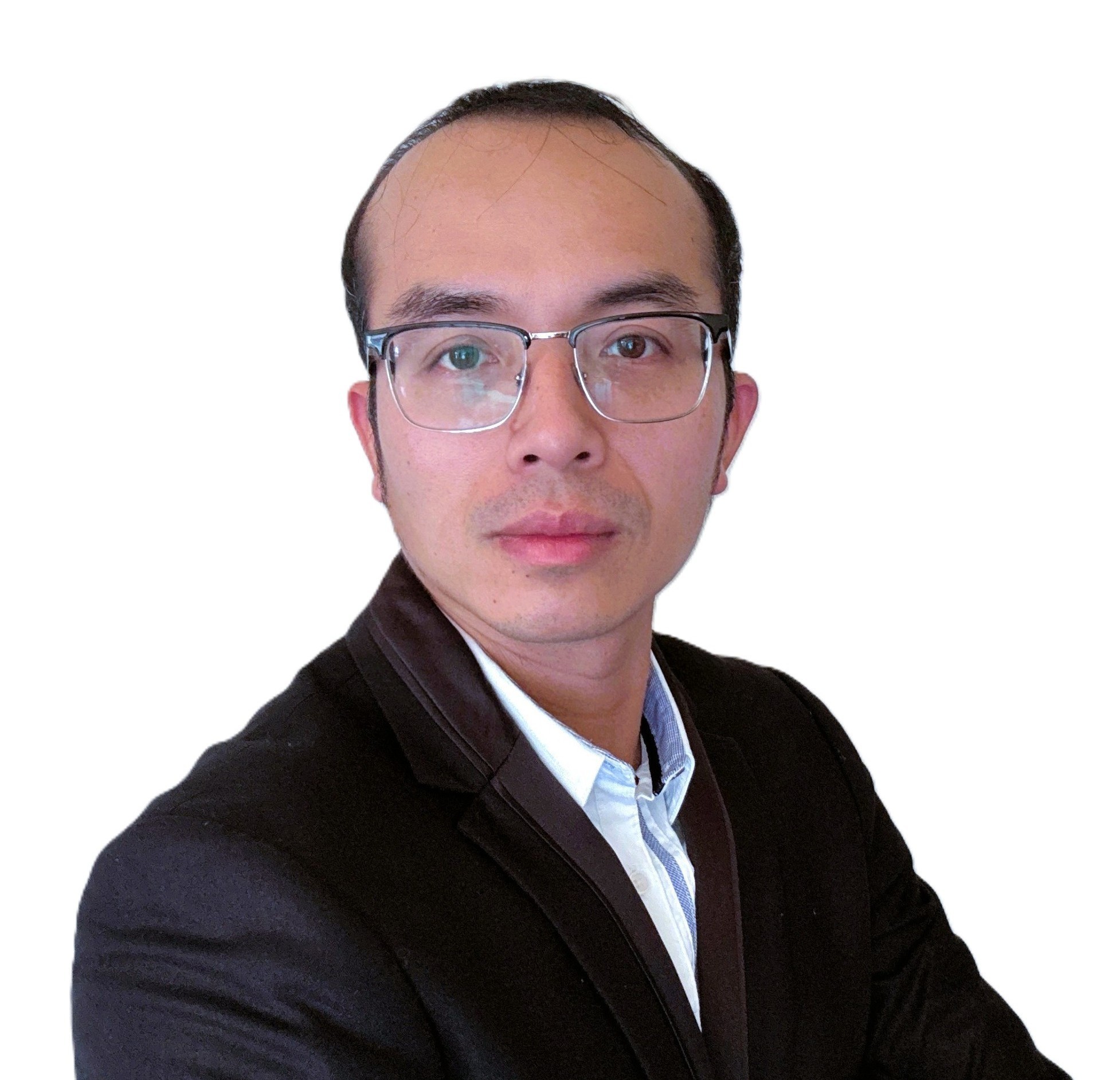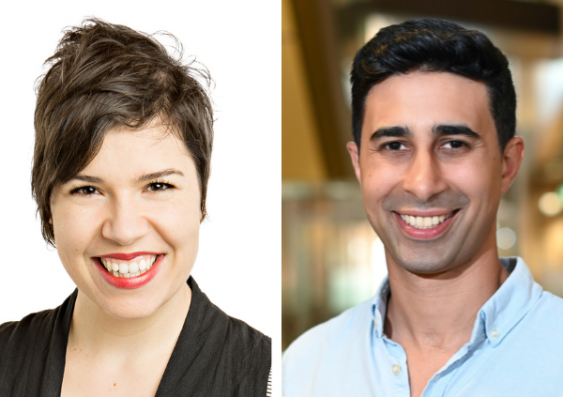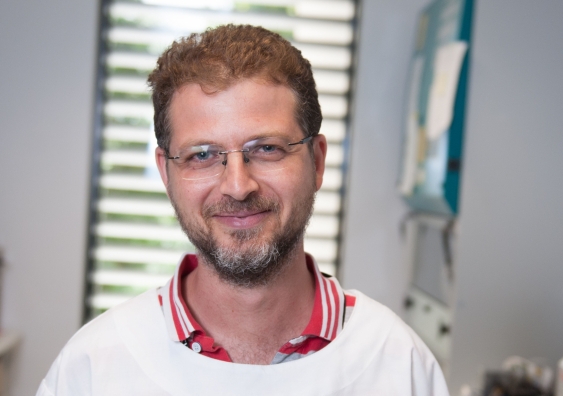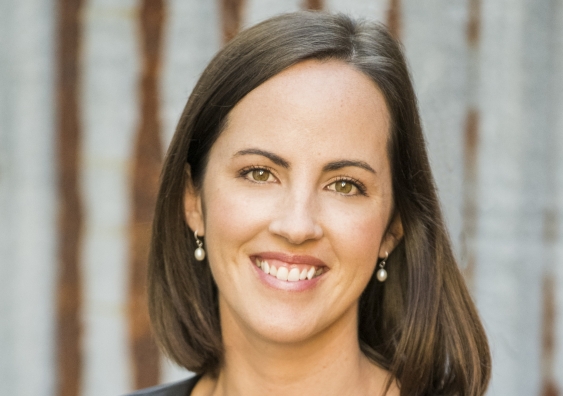Academics are recognised for their research and public advocacy in biomedical science and engineering, food policy, urban design and climate change, and mental health.
Five outstanding UNSW Sydney researchers have received a 2024 NSW Young Tall Poppy Science Award, out of 12 granted in the state.
Run by the Australian Institute of Policy and Science (AIPS), the Young Tall Poppy Science Awards honour up-and-coming scientists who combine world-class research with a passionate commitment to communicating science. They are held on a state-by-state basis to celebrate researchers across all areas of science.
UNSW Deputy Vice-Chancellor Research & Enterprise Professor Bronwyn Fox congratulated the University’s Young Tall Poppy winners and stressed the significance of effective science communication.
“Science, technology and innovation are critical to solving the world’s greatest challenges and building a prosperous community at home and globally. The Young Tall Poppy Science Awards recipients have been recognised for their incredible, leading scientific developments, as well as their passion for promoting science in the broader community.
“I am thrilled at UNSW’s huge success at the awards this year and I look forward to following the work of our recipients and their contributions to improving the lives of people around the world.”
Dr Vipul Agarwal
Dr Agarwal, a Senior Lecturer at the School of Chemical Engineering, was recognised for his work in biomaterials chemistry, including the development of polymer-based hybrid nanocomposites, made from a combination of plastics and tiny particles. Applications are wide-ranging, from biomedical engineering to energy storage, biosensing and medical diagnostics.
Dr Agarwal has developed customisable, electrically conducted bioimplants to potentially reverse paralysis in people with spinal cord injuries. His innovations are expected to enhance patient outcomes, reduce associated healthcare costs, and improve their psychological well-being.
While conducting fundamental research towards the development of bioimplants, his research led to the invention of a new waste plastic recycling technology. The technology has the potential to tackle virtually all kinds of waste plastics and has been licensed for commercialisation in Australia.
Dr Agarwal said he’s honoured to be named a Young Tall Poppy in recognition for his and his team’s work and their passion for raising awareness of the importance of science research.
“There continues to be a gap between innovative research conducted at universities and community understanding about the role, importance and impact of research in their lives. “This award will provide me with a platform to help bridge this gap by raising awareness of my research and its direct impact on society,” he said.
Dr Thanh Nho Do
Dr Do, a Scientia Senior Lecturer at the School of Biomedical Engineering and Director of the UNSW Medical Robotics Lab, was recognised for his breakthrough biorobotic research for the treatment of cancer and cardiovascular diseases, as well as advanced wearable devices for enhanced human-machine interaction.
Dr Do’s research primarily focuses on the advancements in soft robotics and biorobotics to treat some of the leading causes of death worldwide, including gastrointestinal cancers, strokes, heart failure and other medical conditions.
He developed the world’s first flexible robot that’s capable of 3D printing biomaterial directly onto organs inside a person’s body. The robot could be used by medical professionals to access hard-to-reach areas inside the body via small skin incisions or natural orifices. He also created a soft bionic device that offers safer and less infection-prone alternatives to traditional treatments for heart failure.
Dr Do’s innovative smart fabrics function like muscles, helping to speed up and customise the healing process for injuries.
In the field of wearable devices for rehabilitation and human augmentation, Dr Do’s unique smart robotic textiles function like muscles and could personalise and accelerate the healing process for injuries. His internationally award-winning soft haptic systems hold promise for creating more immersive and intuitive experiences in various applications, including remote surgery, enriching digital experiences and expanding the boundaries of human-computer interaction.
Dr Do described the award as a major milestone in his career and a tremendous honour.
“This recognition reflects the dedication and hard work of my team, collaborators and mentors, and highlights the importance of our biorobotic research and its potential to significantly impact healthcare and patient outcomes,” he said.
Dr Alexandra Jones
Dr Jones, a Conjoint Senior Lecturer at the School of Population Health and Program Lead, Food Governance at The George Institute for Global Health, has been named a Young Tall Poppy for her research and advocacy on food policy.
Dr Jones — a lawyer with a PhD in public health — works with policymakers to improve standards on how the food industry makes, markets and sells food to ensure health is prioritised over profits. She said what we eat is a massive contributor to conditions like heart disease, type 2 diabetes and many cancers.
“Our food system is also a huge contributor to environmental degradation, through things like carbon emissions, deforestation and water use. A shift to healthier, more sustainable diets can address both challenges. To do so will require more than just telling individuals to eat better.
“My research looks at how our food environments influence what we eat and it helps to improve the design of law and policy to make them healthier and more sustainable to improve human and planetary health.”
Dr Jones said she’s proud to be named a Young Tall Poppy among a cohort of other diverse academics who care about making sure science is useful for the public.
“Law is a powerful tool to protect public health, as Australia’s leadership in areas like road safety and tobacco control has shown,” she said.
“I’m proud to be generating research that will hopefully make us a world leader in food regulation one day too.”
Dr Negin Nazarian
Dr Nazarian is a Scientia Senior Lecturer in the School of Built Environment, Chief Investigator at the ARC Centre of Excellence for Climate Extremes and the ARC Centre of Excellence for the Weather of the 21st Century, and lead for the Climate-Resilient Cities lab. She was named a Young Tall Poppy for her research and outreach in urban climatology.
Dr Nazarian has made significant contributions to enhancing scientific literacy and community engagement in this space. She has participated in various public engagements at the Australian Museum, co-designed environmental sensing strategies, developed public-facing dashboards and written cooling guides.
Her research aims to understand the negative impact of urban heat and develop effective cooling strategies. She said as our cities grow, so does the heat they trap, significantly impacting public health, the environment and the economy.
“By studying the interactions between urban design and climate change, I help identify those most affected by heat and propose interventions to reduce these impacts. My work with local councils across Australia helps map heat exposure and guide urban design choices to create cooler, more resilient cities.
“I am most proud of the work I've done to highlight the significance of urban heat and its effects, and to ensure that urban climate issues are recognised and addressed in the context of climate change discussions. This advocacy has been crucial in promoting more comprehensive and effective climate strategies.”
Dr Nazarian said being named a Young Tall Poppy is a tremendous honour and a testament to the importance of combining research excellence with a commitment to science communication and outreach.
“This recognition motivates me to continue bridging the gap between scientific research and public understanding, ensuring my work has a positive and lasting impact on society.”
Scientia Associate Professor Simon Rosenbaum
A/Prof. Rosenbaum from the School of Clinical Medicine was recognised for his research in the integration of non-pharmacological treatments for people experiencing poor mental health, and his commitment to strengthening research capacity in low-income and conflict-affected countries.
A/Prof. Rosenbaum’s research looks at physical activity and the impact it can have on mental health. A key focus is mental and physical health of vulnerable populations, including people living with mental illness and those from a refugee and asylum seeker backgrounds. He says most health promotion programs for these groups are inaccessible, unaffordable or non-existent.
He is passionate about improving health outcomes, and supporting researchers in countries that don’t have access to the same level of resources and support that he enjoys in Australia. He runs programs overseas to help academics lead research they want to lead, to positively impact their communities.
“Being named a Young Tall Poppy is very humbling and reminds me how lucky we are to live in a city like Sydney and to work at a university like UNSW,” A/Prof. Rosenbaum said.
“I’m proud of my team, colleagues, mentors, collaborators and higher degree research students I work with every day, and I’m also thankful for my colleagues from around the world.”
The 2024 NSW Young Tall Poppy of the year will be announced at a ceremony in Sydney on 24 September. Read more about the awards.
Media enquiries
For enquiries about this story and interview requests please contact Louise Templeton:
Tel: 0413 495 994
Email: louise.templeton@unsw.edu.au


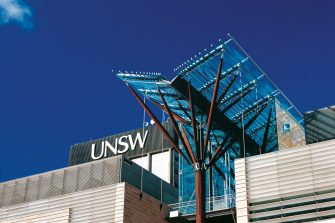
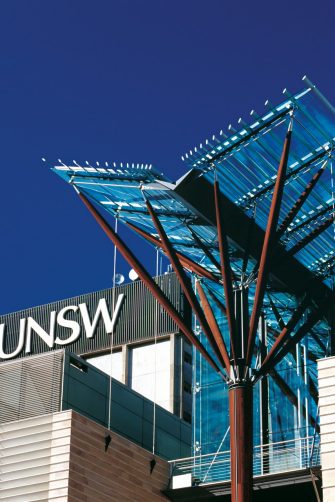
.jpg)

